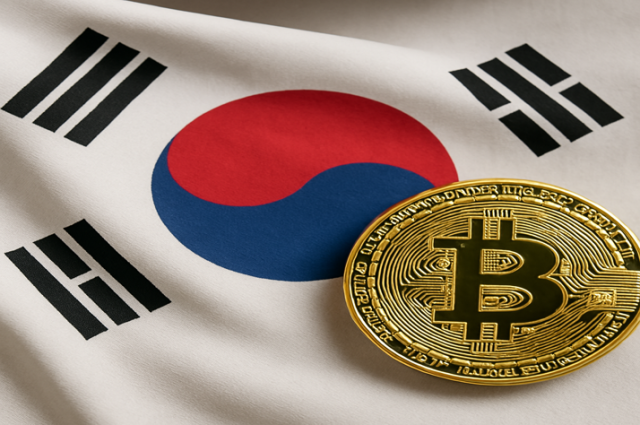
As Donald Trump's mutual tariff suspension measure was announced, the global virtual asset market showed a sharp rise, while the domestic market continued a relatively calm trend. In particular, as the kimchi premium, which had previously soared significantly, maintained a low level, there are assessments that the domestic influence in the global virtual asset market has weakened.
According to the virtual asset data company Kimpu at 3 PM on the 10th, the kimchi premium for Bitcoin (BTC) was limited to 1.39%. This means that the domestic exchange price is 1.39% higher than the global major exchanges. Even though BTC showed a sharp rise on this day, there was no significant change in the kimchi premium. The BTC premium is often formed around 1%.
Related Articles
- Bithumb updates global price difference service... "Real-time 'kimchi premium' check"
- Virtual assets 'sharply rebound' with tariff suspension... Bitcoin around $83,000 [Decenter Market Conditions]
- Bitcoin surges 8% with US mutual tariff suspension
- Virtual assets decline amid US-China tariff conflict... Bitcoin retreats to $76,000 range [Decenter Market Conditions]
At the same time, major altcoins Ethereum (ETH), Solana (SOL), and XRP are also trading at similar global market levels. The kimchi premium for ETH was 1.14%, while SOL and XRP remained at 1.25% and 1.23% respectively.
In fact, there is a temperature difference in the price movements of major domestic and foreign virtual asset exchanges. On this day, the BTC price on the global exchange Binance rose 7.47% compared to 24 hours ago, but on the domestic exchange Bithumb, it was limited to a 5.02% increase. ETH also rose 11.58% in the global market, while domestically it was only up 8.83%.
This is different from the past when the kimchi premium would soar over 10% as domestic demand rapidly rushed in during virtual asset rallies. The BTC kimchi premium once soared to 11% when BTC first exceeded 100 million won in March last year. In the 2021 bull market, it even exceeded 20%. In February, the premium also rose to 8% as the upward trend continued after the US election.
The background of maintaining a low kimchi premium is attributed to market structural changes. As the virtual asset market has recently been reorganized around overseas institutional investors, the influence of domestic individual investors has been reduced. Cho Yun-sung, a senior researcher at Tiger Research, said, "In the past, domestic individual investor buying pressure was a factor in driving prices up, but now institutional and corporate buying is leading in the US and Japan," and "In contrast, domestic institutional investment is not active, so the kimchi premium is also formed low." Kim Byung-jun, a researcher at Dispread, also pointed out that "Trump's tariff suspension announcement had an impact on overseas markets with a high institutional proportion, but had little effect on stimulating investment sentiment in the domestic market centered on individuals."
There are also analyses that the volatility of the kimchi premium has decreased as domestic investors' understanding of arbitrage trading has increased. Researcher Cho said, "Various stablecoins have been listed on domestic exchanges, and the remittance environment with overseas exchanges has also improved, so even if a premium occurs, it is quickly resolved," and "Price distortion due to domestic demand has significantly decreased compared to the past."
- Kim Jung-woo Reporter
- woo@sedaily.com
< Copyright ⓒ Decenter, reproduction and redistribution prohibited >







